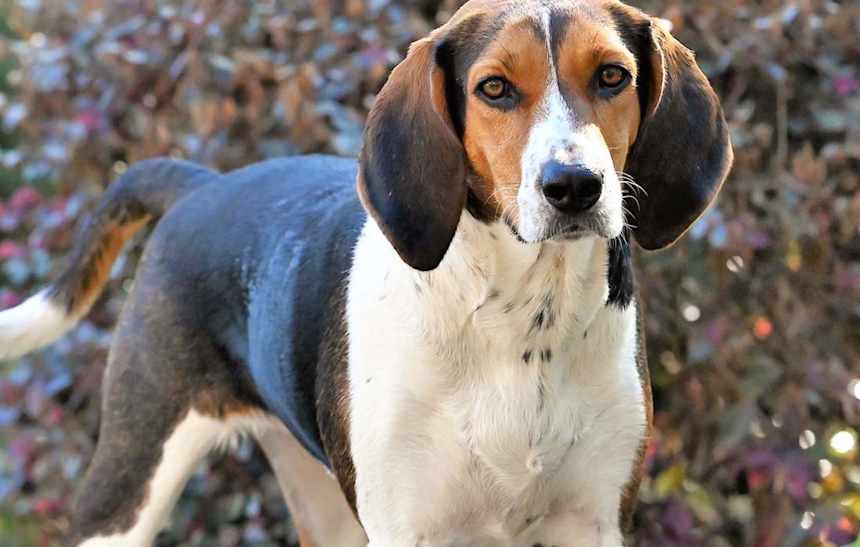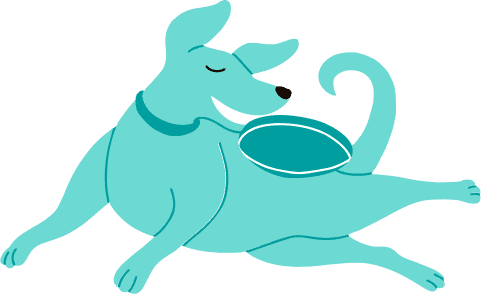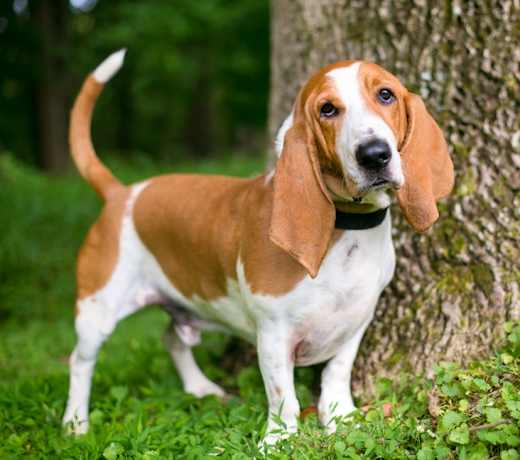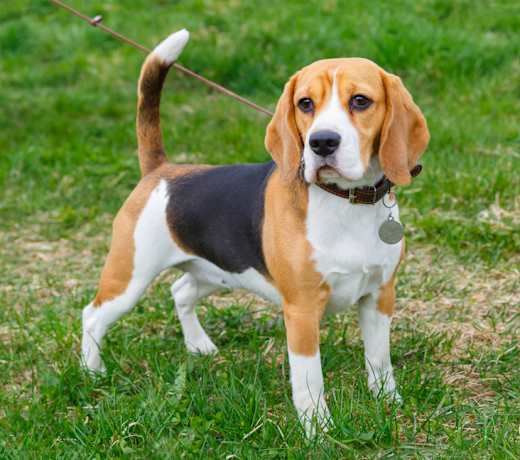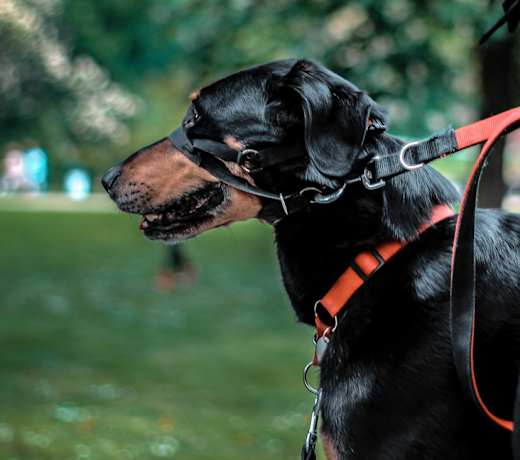Treeing Walker Coonhounds stop growing in height by around 12 to 14 months of age. However, they will continue to fill out and gain muscle mass, reaching their full weight by about 18 to 24 months.
Since they mature slower than smaller breeds, it’s best to switch them to adult dog food once they’ve reached their full height at around 12 to 14 months. This transition ensures they receive the appropriate nutrients for their growth stage, avoiding excessive calories that could lead to obesity as they continue to develop at a slower pace. Make sure to gradually transition them to adult food over the course of a week to avoid gastrointestinal upset.
